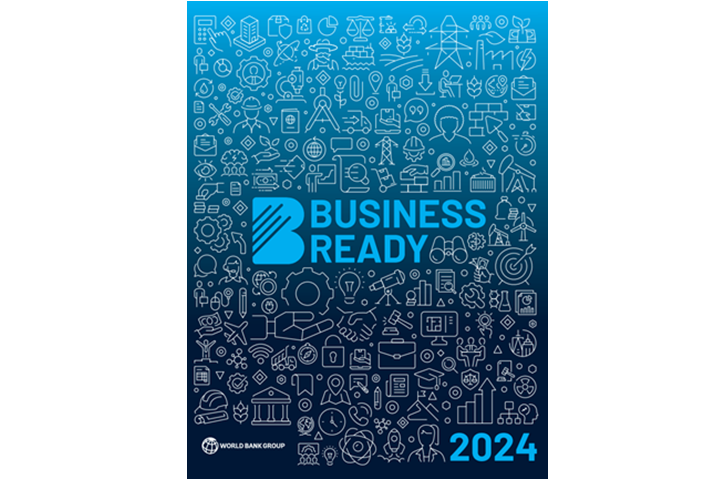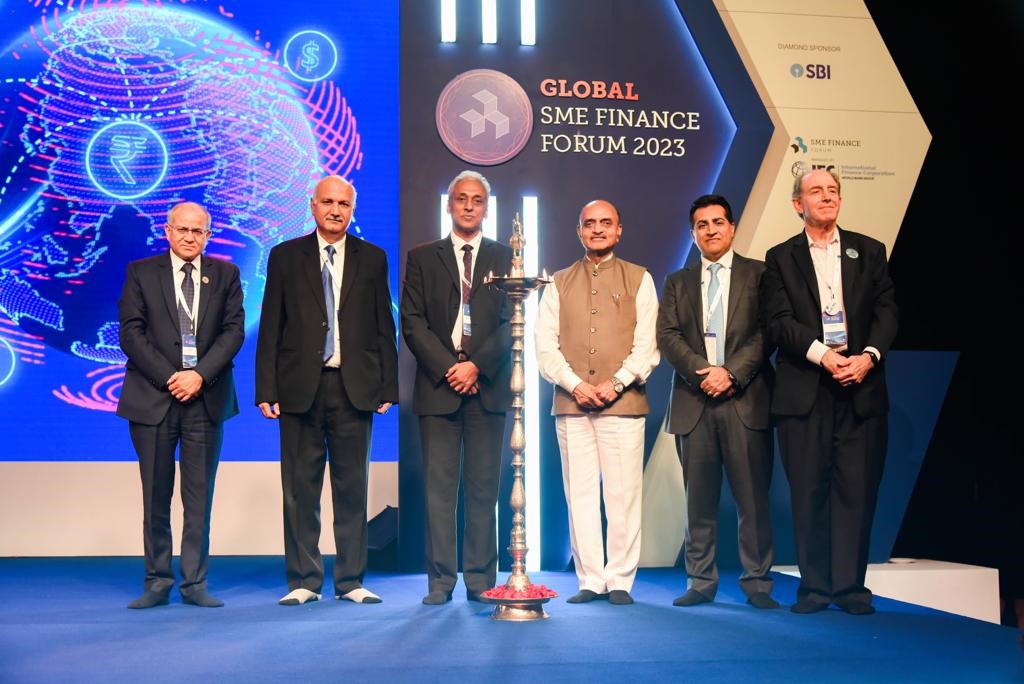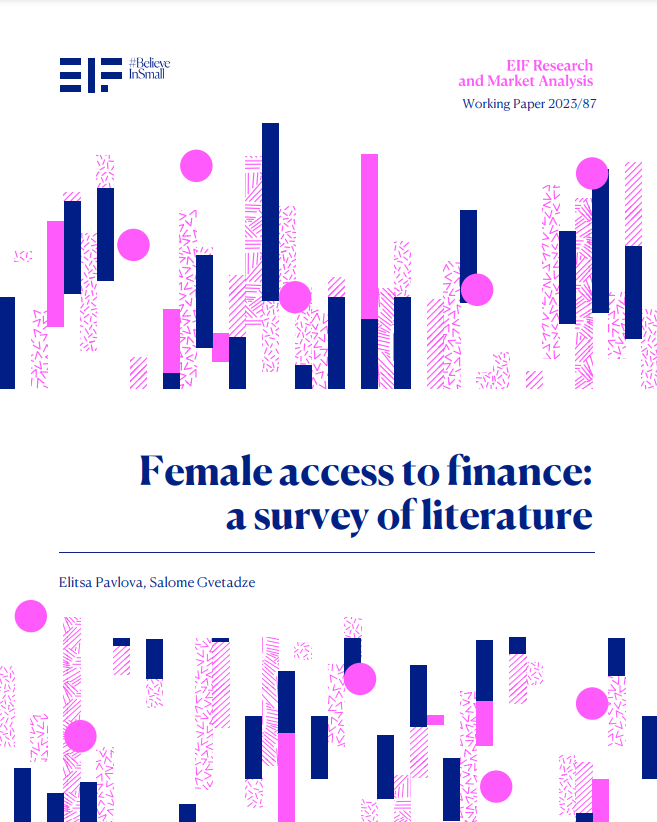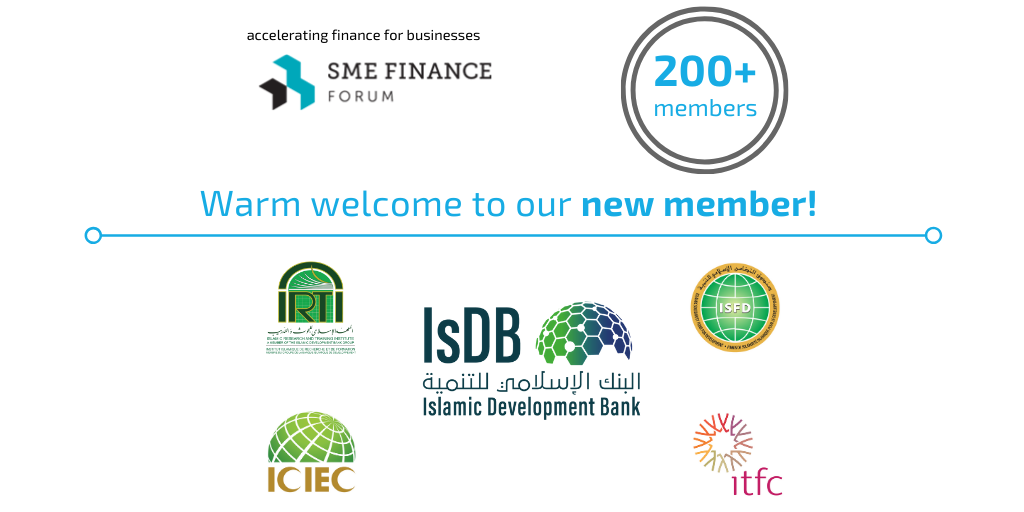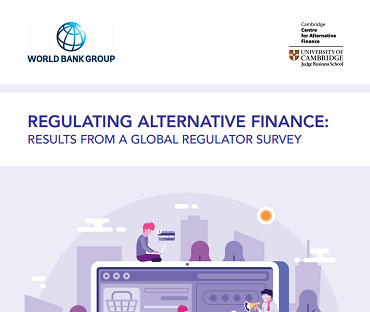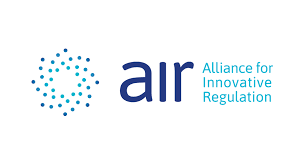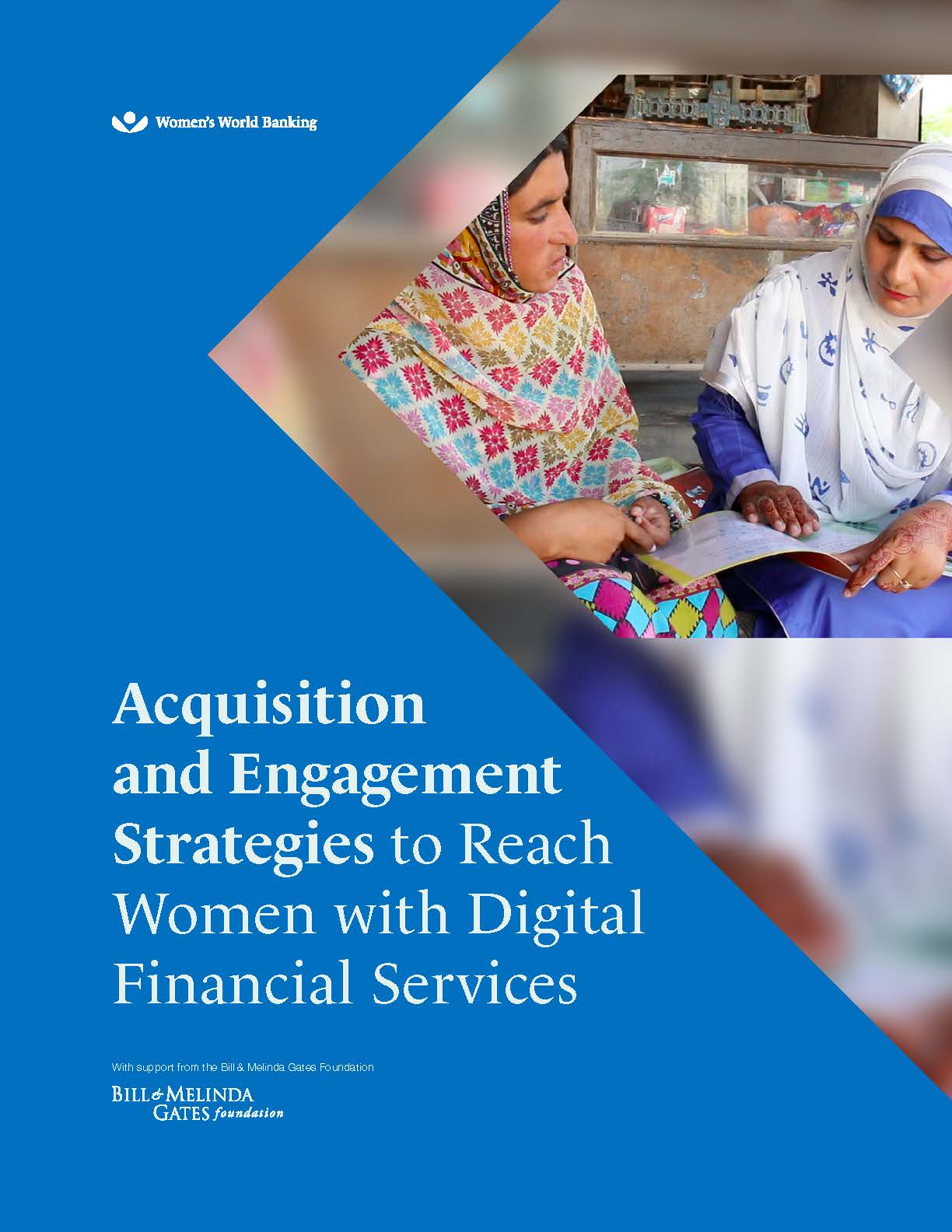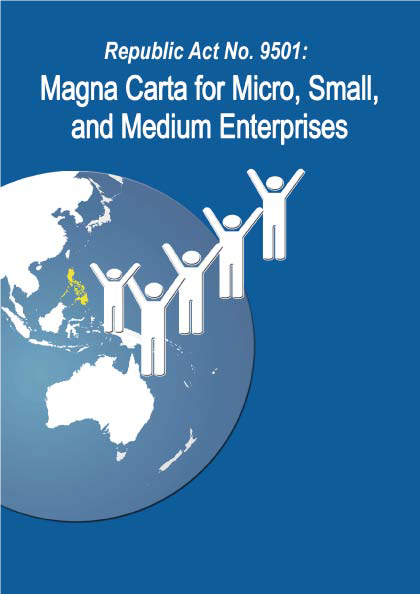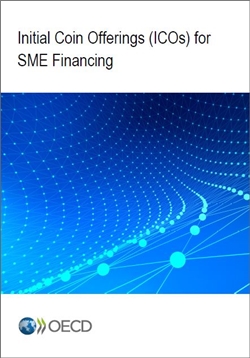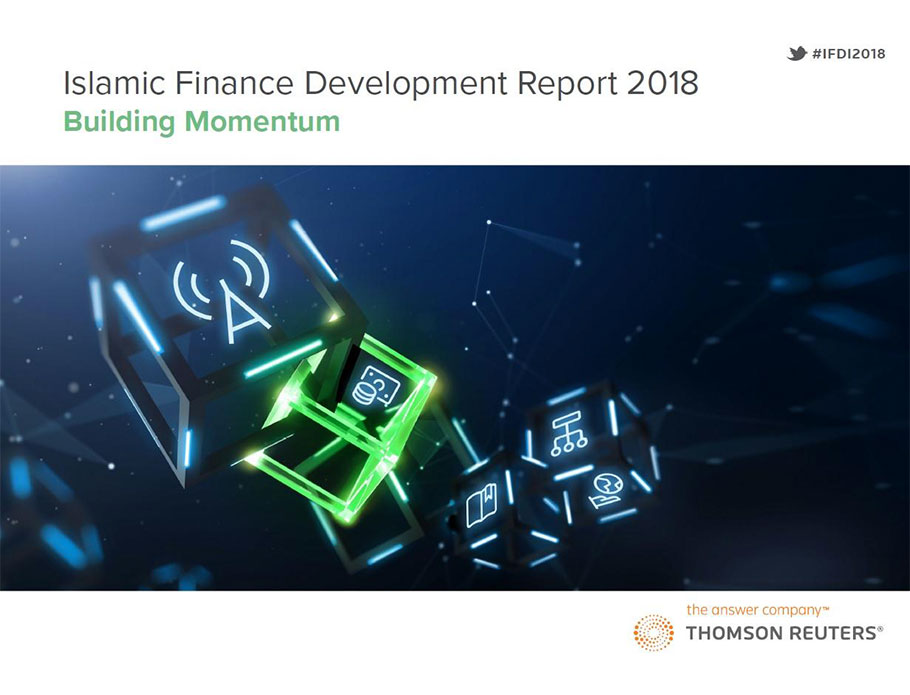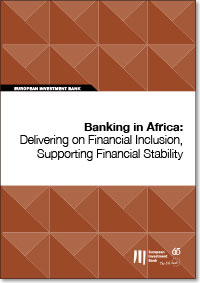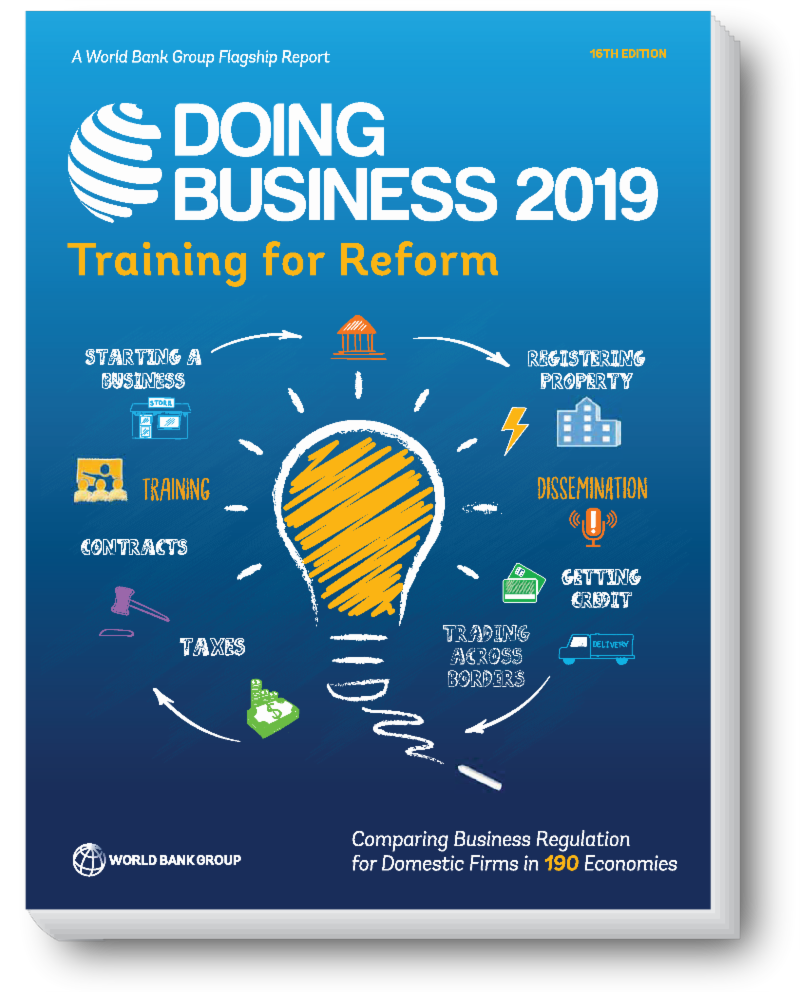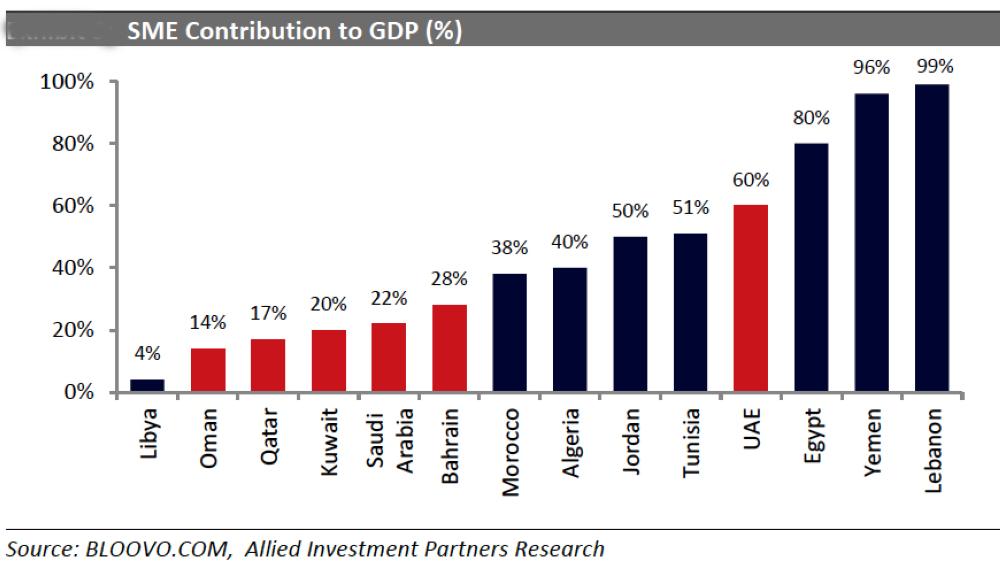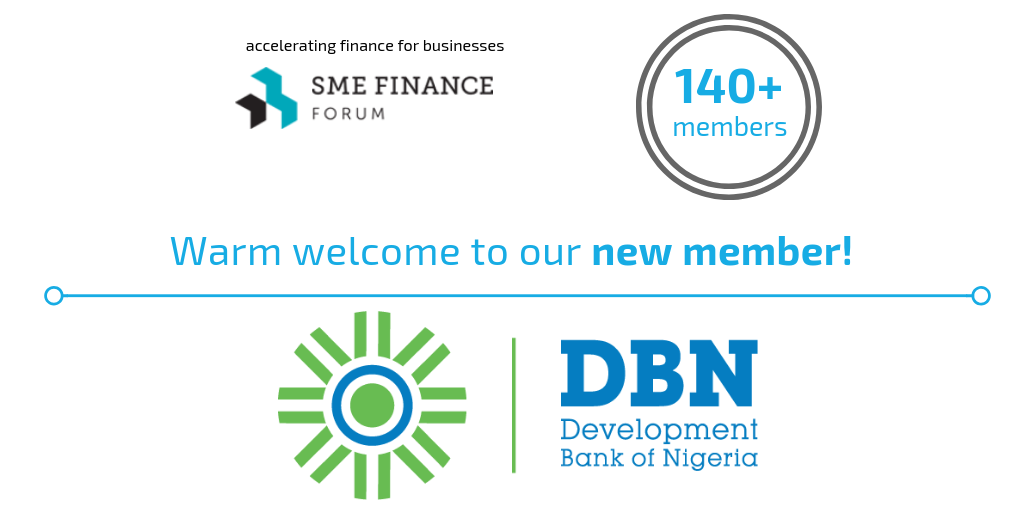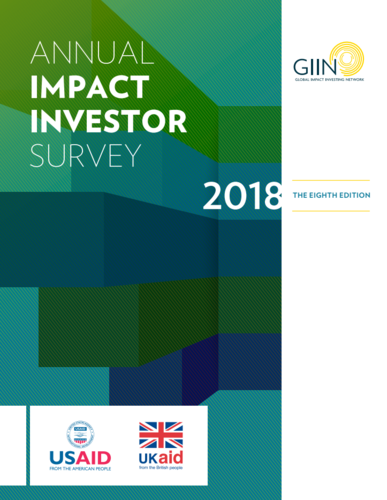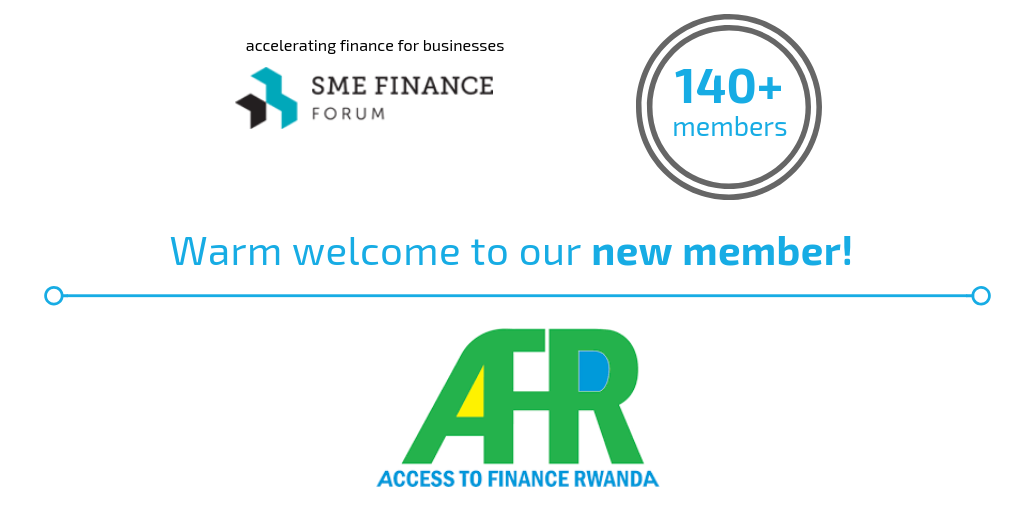The Recommendation on SME financing was adopted by the OECD Council meeting at Ministerial level on 8 June 2023 on the proposal of the Committee on SMEs and Entrepreneurship (CSMEE). The Recommendation aims to support Adherents in their efforts to enhance SME access to a diverse range of financing instruments. It supports the development of coherent national SME financing strategies by helping define specific policy objectives, design and implement coherent policy measures, strengthen the evidence base and provide a framework for monitoring and evaluation.
OECD’s work on SME financing
SME financing has been at the core of the work of the CSMEE (and its predecessor the Working Party on SMEs and Entrepreneurship) for close to two decades.
Through its flagship biennal publication Financing SMEs and Entrepreneurs: An OECD Scoreboard, the OECD monitors trends and policies in SME and entrepreneurship financing across close to 50 countries and has become an international reference in the landscape of SME finance.
In 2015, building on the work of the Scoreboard, the OECD released the G20/OECD High Level Principles on SME Financing (the “Principles”), which were welcomed by G20 Leaders in November 2015 and included in the Compendium of Standards of the Financial Stability Board (FSB) as one of the key standards in the field of SME finance. The Principles were updated by the CSMEE in 2022 to reflect major developments in the intervening period (see the Updated G20/OECD High-Level Principles on SME Financing, the “2022 Updated Principles”) and their updated version was also welcomed by G20 Finance Ministers and Central Bank Governors (FMCBG) in July (see Chair's Summary) and October 2022 (see Chair's Summary) and welcomed by G20 Leaders in November 2022 (see Leaders’ Declaration).
The OECD also launched a Platform on Financing SMEs for Sustainability in 2021, bringing together public financial institutions and other stakeholders working to promote sustainable finance for SMEs.
This work culminated with the adoption of the Recommendation which embodies the 2022 Updated Principles, further consolidating the role of the OECD as a global standard-setting and providing a whole-of-government approach to SME financing policies.
Process for developing the Recommendation
Following the finalisation of the 2022 Updated Principles channeled through the CSMEE, in consultation with the Joint Task Force on Institutional Investors and Long-term Financing of the OECD Committee on Financial Markets, the OECD International Network on Financial Education (INFE) and the G20 Global Partnership on Financial Inclusion (GPFI), the CSMEE discussed in November 2022 how to raise the visibility and impact of the 2022 Updated Principles, including a proposal to embody them in an OECD Recommendation.
To finalise the text of the Recommendation, multiple rounds of comments were held on the draft text in CSMEE, as well as a consultation of other OECD policy communities.
Scope of the Recommendation
Building on the 2022 Updated Principles, the Recommendation sets out 14 policy recommendations to support Adherents in their efforts to enhance access to a diverse range of financing instruments by SMEs.
The Recommendation emphasises the need to strengthen SME access to traditional bank financing, while also promoting non-bank finance. It includes both macro-level principles, such as providing guidance on the regulatory framework, and micro-level principles, such as addressing policy design and implementation in SME financing policies. It seeks to encourage the collection of granular data on SME access to finance as a foundation to understand SME financing needs and develop evidence-based SME finance policies.
The Recommendation also aims to encourage dialogue, exchange of experiences and coordination, including regulatory coordination, among stakeholders in SME finance, including policy makers, financial institutions, research institutions and SME management. It also provides guidance on risk-sharing between public and private actors. The Recommendation can apply to different economic, social and regulatory environments.
Next steps
The CSMEE will serve as forum for exchanging information and experience with respect to the implementation of the Recommendation. It will support the efforts of Adherents in implementing it through continued analysis of specific SME financing instruments and policies as well as through the data collection work of the SME and Entrepreneurship Financing Scoreboard.
The CSMEE will report to Council on the implementation, dissemination and continued relevance of the Recommendation in 2028.
For further information please consult: https://www.oecd.org/cfe/smes/sme-entrepreneurship-financing.htm.
Contact information: Miriam.koreen@oecd.org; marco.marchese@oecd.org.


